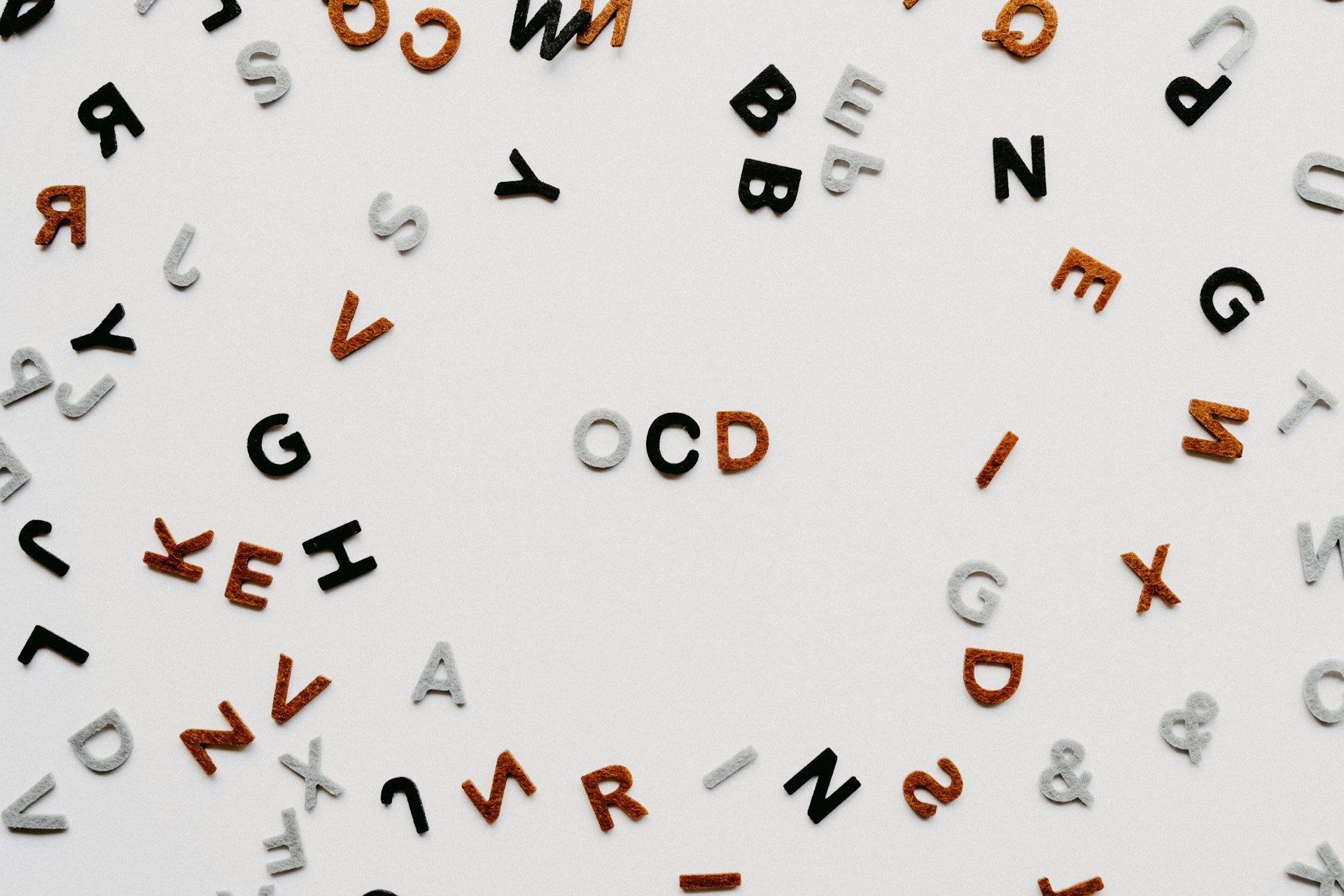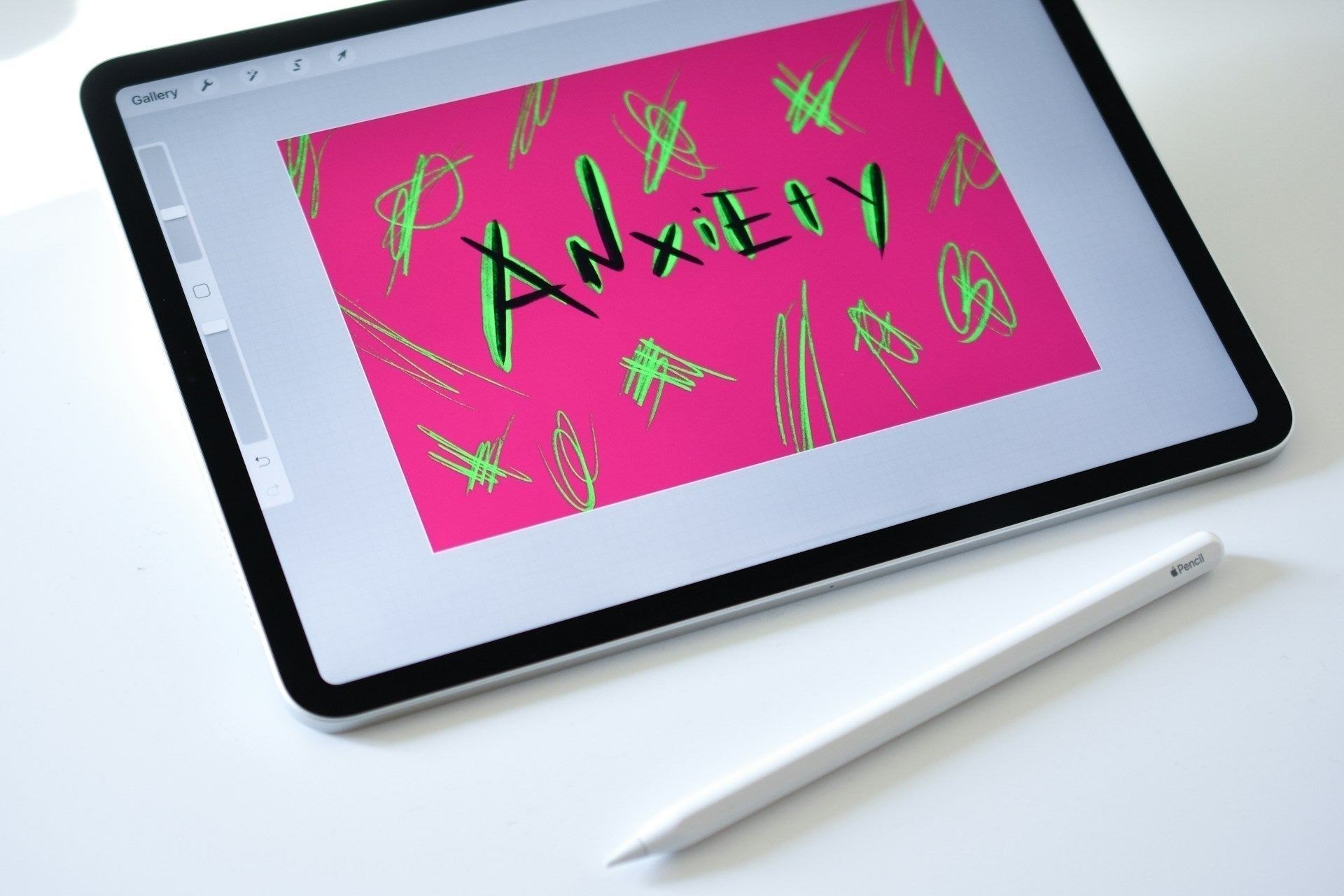Introduction
In today’s hyper-connected world, our lives are intertwined with technology in almost every way. From the moment we wake up to the time we go to bed, screens dominate our attention. We check emails, scroll through social media, binge-watch shows, and even rely on apps to manage our daily routines. While technology offers convenience, it also comes with a cost: our mental health. This blog explores the concept of a digital detox and how stepping away from our devices can lead to significant mental health benefits.
The Need for a Digital Detox
Overstimulation and Information Overload
The constant barrage of information we receive daily can be overwhelming. Research shows that exposure to excessive information, particularly negative news, can lead to heightened stress and anxiety. A 2021 study published in the Journal of Environmental Psychology found that information overload not only increases stress levels but also impairs our ability to process and retain information effectively. With every notification, we’re pulled into a cycle of constant engagement, leaving little room for our minds to rest.
The Impact on Sleep Quality
Screens emit blue light, which interferes with our body’s natural sleep-wake cycle by suppressing the production of melatonin, the hormone responsible for regulating sleep. According to a 2019 study in the journal Sleep Health, individuals who used electronic devices before bed reported poorer sleep quality, which in turn affected their overall mental health. Poor sleep is directly linked to conditions such as depression, anxiety, and irritability, making it crucial to disconnect before bedtime.
The Strain on Attention and Focus
Our brains are not wired to handle constant digital multitasking. A study by Stanford University found that people who are regularly bombarded with several streams of electronic information do not pay attention, control their memory, or switch from one task to another as well as those who focus on one task at a time. This constant digital engagement can lead to reduced attention span, decreased productivity, and mental fatigue. Over time, the inability to focus on a single task can diminish our cognitive abilities and overall mental clarity.
The Psychological Benefits of Unplugging
Improved Mental Clarity and Focus
When we step away from screens, we give our minds a chance to reset. Disconnecting from the constant influx of digital noise allows our brains to relax and regain focus. A 2020 study by the Journal of Experimental Psychology found that individuals who took regular breaks from their devices reported higher levels of concentration and mental clarity. By eliminating digital distractions, we can engage more deeply in tasks and make better decisions, ultimately leading to a more productive and fulfilling life.
Reduced Stress and Anxiety
One of the most immediate benefits of a digital detox is the reduction in stress and anxiety. Social media platforms, in particular, are known to contribute to feelings of inadequacy and the fear of missing out (FOMO). A study published in Computers in Human Behavior in 2018 found that participants who took a week-long break from Facebook experienced significant reductions in stress. By stepping back from social media and other digital platforms, we can break the cycle of comparison and focus on our own well-being.
Enhanced Emotional Well-Being
Unplugging from digital devices creates space for more meaningful real-life interactions, which are essential for emotional health. Human connection, in its truest form, is a key component of happiness and emotional stability. A survey conducted by the American Psychological Association in 2021 revealed that people who engaged in face-to-face interactions during their digital detox reported higher levels of satisfaction and emotional well-being. Disconnecting allows us to reconnect with ourselves and others on a deeper, more authentic level.
Practical Steps for a Successful Digital Detox
Setting Clear Goals
The first step to a successful digital detox is understanding why you need it. Are you looking to reduce stress, improve sleep, or simply take a break from the constant digital noise? Setting clear, achievable goals will help you stay committed to the detox. For example, you might decide to start by disconnecting for one day each week or limiting your social media usage to an hour per day. The key is to tailor the detox to your needs and lifestyle.
Creating a Detox Plan
Gradually reducing screen time can make the transition smoother and more sustainable. Start by designating specific tech-free zones or times in your day, such as during meals or before bedtime. Replace digital activities with hobbies that promote relaxation and creativity, such as reading, gardening, or exercising. If you enjoy outdoor activities, consider going for a walk or hike to reconnect with nature. The goal is to fill the time you would normally spend on screens with activities that nourish your mind and body.
Maintaining the Benefits Post-Detox
After completing a digital detox, it’s important to integrate new habits into your daily life to maintain the benefits. Establishing regular “mini-detoxes” can help you stay balanced in a digital world. For example, you might decide to implement a “phone-free Sunday” or a “no-tech hour” before bed each night. By setting boundaries around your digital use, you can prevent the re-emergence of stress and maintain a healthier relationship with technology.
Success Stories and Scientific Evidence
Case Studies of Individuals Who Benefited
Real-life success stories can be incredibly motivating. For instance, Sarah, a marketing executive, noticed that her constant connectivity was leading to burnout. After committing to a weekend digital detox once a month, she reported feeling more energized and focused at work, with improved mood and sleep quality. Similarly, John, a college student, found that unplugging for just one day a week reduced his anxiety levels and improved his academic performance.
Research and Studies
Scientific evidence supports the mental health benefits of digital detoxing. A study published in Psychiatry Research in 2020 found that participants who reduced their social media use by 30 minutes per day for two weeks showed significant reductions in depressive symptoms and loneliness. Additionally, a 2019 study in The Lancet Psychiatry linked excessive screen time to increased risks of mental health disorders, particularly among adolescents. These findings underscore the importance of managing digital consumption for mental well-being.
Conclusion
In a world that’s always online, unplugging might seem counterintuitive, but the mental health benefits are undeniable. A digital detox offers a chance to reset, refocus, and recharge both mentally and emotionally. By reducing our reliance on screens, we can enhance our well-being, improve our relationships, and create a more balanced, fulfilling life. So, the next time you find yourself overwhelmed by the digital world, remember that sometimes the best way to recharge is to simply unplug.




